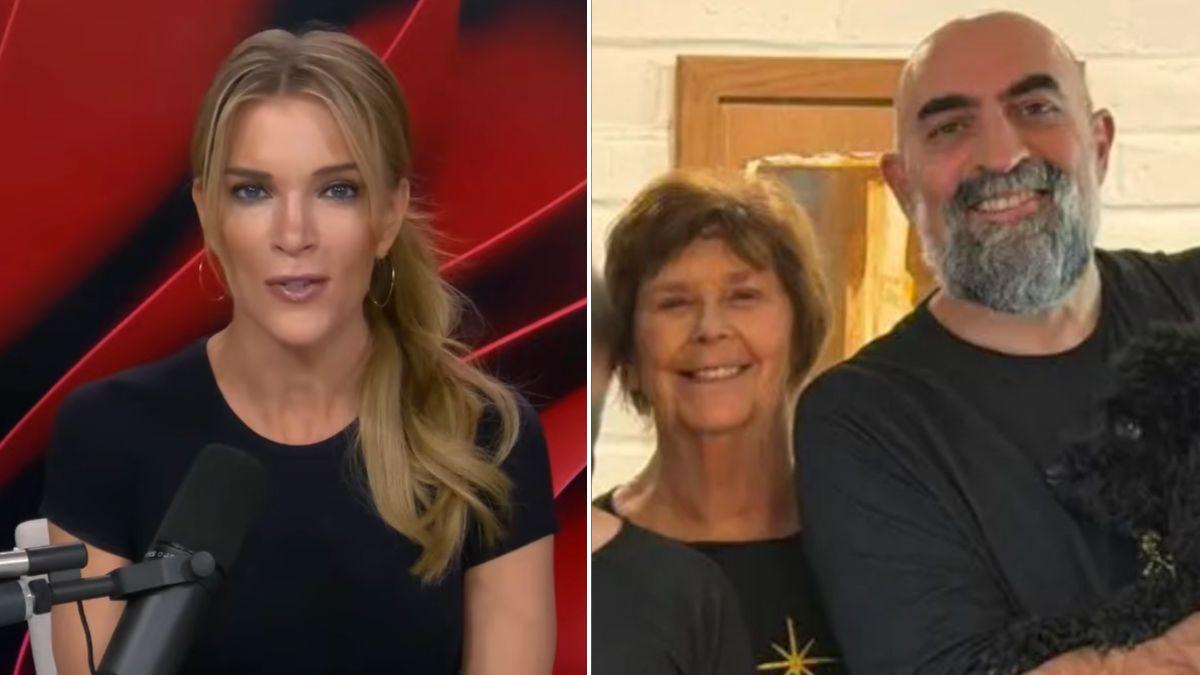Idaho Killer Left Behind 'Catastrophic' Genetic Evidence That Fast-tracked His Capture, Investigators Reveal
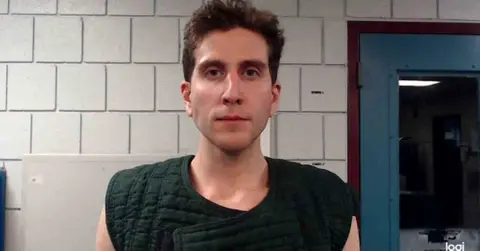
Bryan Kohberger was caught due to a massive amount of DNA evidence.
Sept. 6 2025, Published 4:30 p.m. ET
Genetic genealogists revealed that groundbreaking DNA evidence was central to swiftly identifying and capturing Bryan Kohberger, the suspect in the brutal slaying of four University of Idaho students, RadarOnline.com can report.
This unprecedented evidence not only expedited the investigation but also raised critical questions about crime scene forensics and investigative techniques.
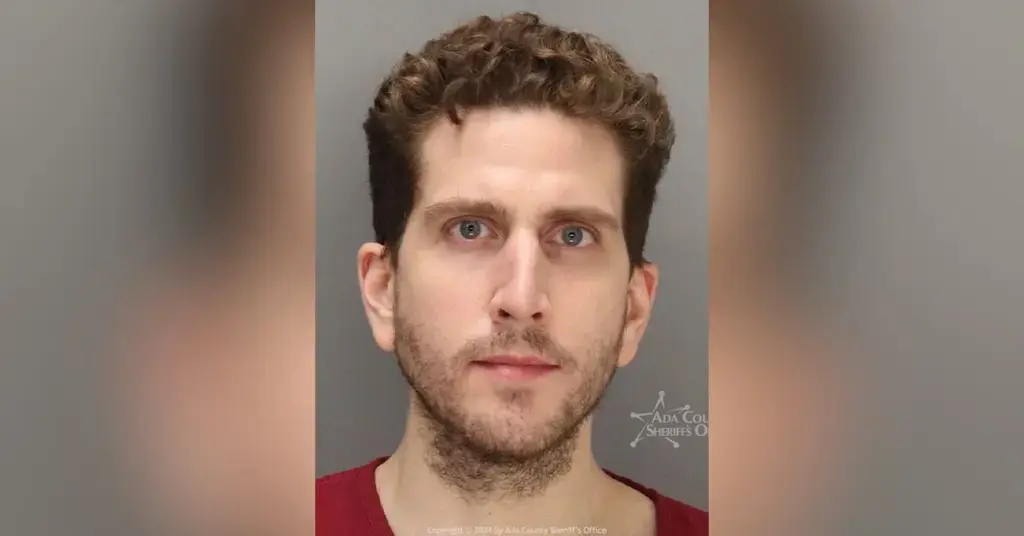
Genetic genealogists working on the University of Idaho student murders case found 'hundreds of times' more DNA than a typical case.
The quadruple murder, which occurred on November 13, 2022, in Moscow, Idaho, claimed the lives of Ethan Chapin, 20, Xana Kernodle, 20, Kaylee Goncalves, 21, and Madison Mogen, 21. The chilling details of this mass stabbing resonated deeply within the community and beyond, igniting widespread fear and urgency for justice.
David Mittelman, the founder and CEO of Othram, a company specializing in forensic genetic genealogy, claimed it was a "catastrophic deal" of evidence left behind at the crime scene.
Speaking from CrimeCon's 2025 conference in Denver, Mittelman elaborated on how the DNA sample, discovered on a Ka-Bar knife sheath discarded at the scene, provided "hundreds of times" more genetic material than typical cases. This wealth of DNA allowed investigators to rapidly trace Kohberger's lineage and identify him as a suspect.
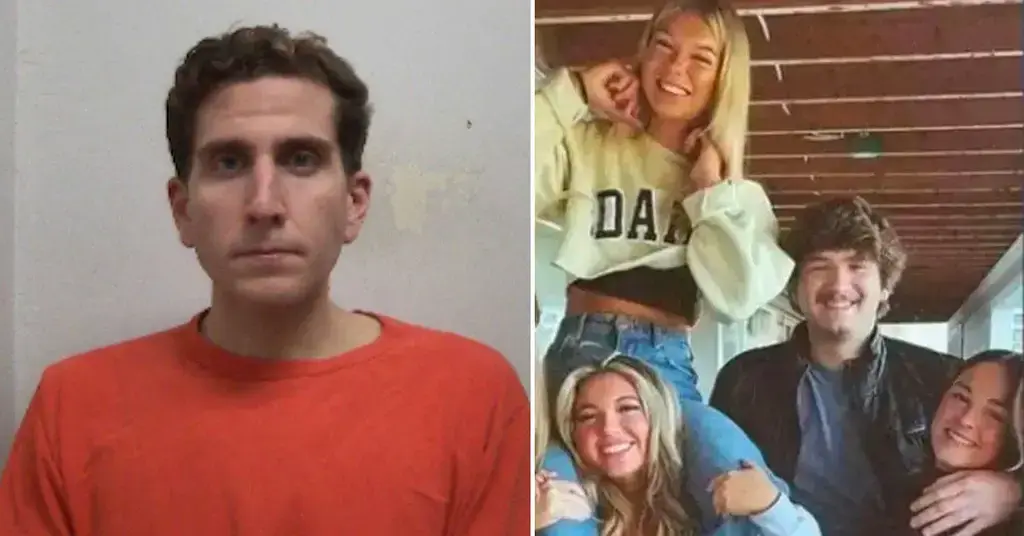
David Mittelman, the founder and CEO of Othram, claimed it was a 'catastrophic deal' of evidence left behind at the crime scene.
Early leads from the genetic analysis revealed that the DNA came from a "multigenerational" American family intertwined with Italian ancestry.
According to Mittelman, this evidence was more significant than mere traces. He emphasized: "The DNA evidence was amazing. There was tons of DNA… It was not. It was tons of DNA."
Law enforcement tracked Kohberger, who was a Washington State University student in Pullman, Washington, a mere ten miles from Moscow. His vehicle, a white Hyundai Elantra, matched a description of the suspect's car, intensifying the urgency for authorities to act.
Despite the absence of a murder weapon, the sheath's DNA profile proved critical, paving the way for detectives to pinpoint him as their prime suspect.
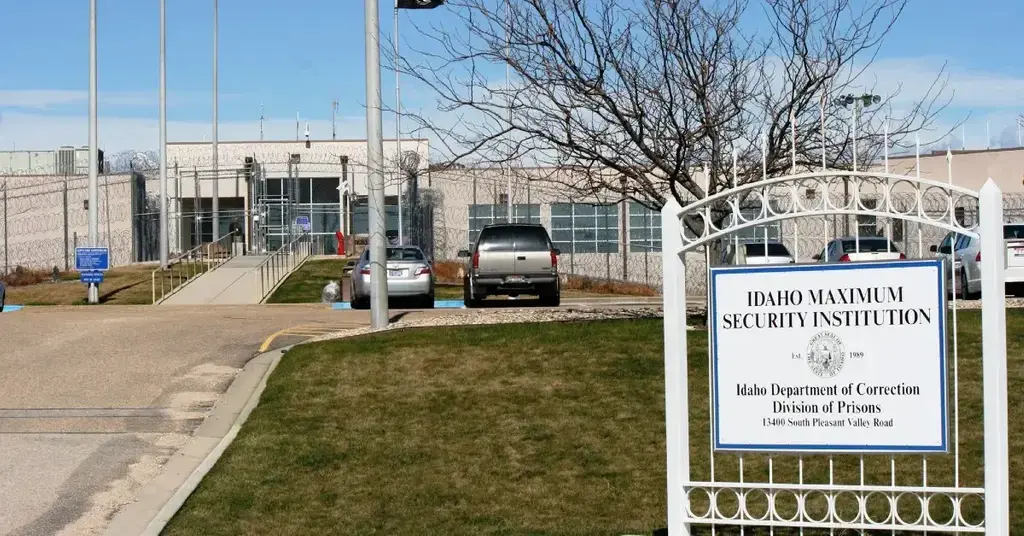
Killer Bryan Kohberger is spending life in prison without parole for the murders of four coeds.
After the case received national media coverage, authorities prepared to conduct a search of Kohbergers family home in Pennsylvania's Pocono Mountains.
In a swift move, investigators obtained a search warrant for Kohberger's Amazon purchases, uncovering an alarming detail: he had recently bought a Ka-Bar knife, complete with sheath and sharpening tool. This crucial piece of evidence linked him directly to the crime scene.
Mittelman's team worked diligently to formulate a complete DNA profile within just 48 hours of receiving the sample, a considerable feat in forensic genealogy. By December 19, 2022, the FBI had alerted Moscow police to Kohberger's identity, resulting in his arrest just days later.
"Without the DNA evidence, there were numerous leads regarding Hyundai Elantras, but we don't know how long it would have taken," a detective shared post-arrest.

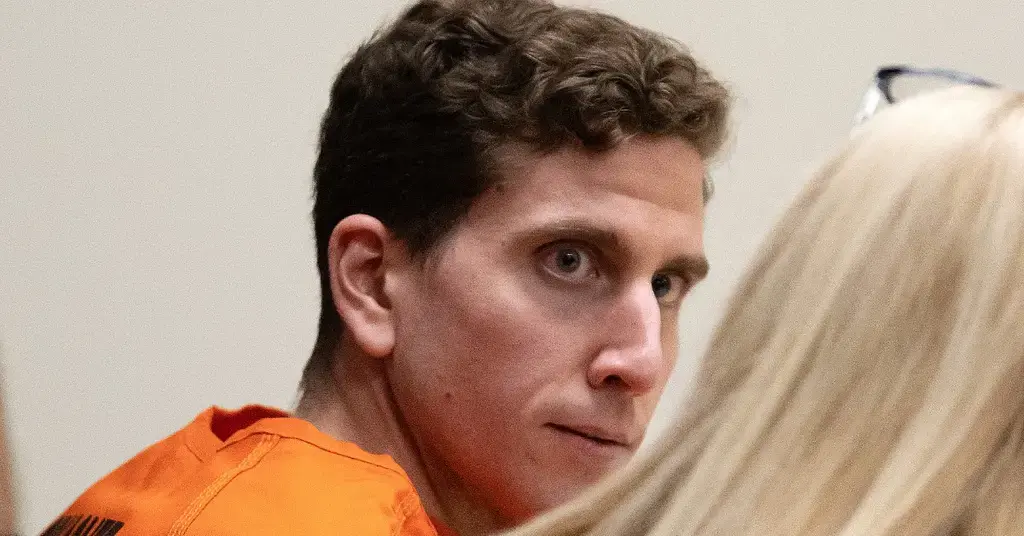
The mother of one of Bryan Kohberger's victims warned him that 'hell will be waiting' for him in prison.
Kohberger was ultimately charged with four counts of first-degree murder and one count of burglary. In a surprising twist, he pleaded guilty in early July 2023 in an effort to avoid the death penalty, opting instead for four consecutive life sentences, along with an additional ten years. His legal team unsuccessfully sought to have the DNA evidence dismissed, a move that ultimately solidified the prosecution's case.
Kristen Mittelman, the chief development officer at Othram, called for broader applications of genetic genealogy in criminal investigations.
She remarked: "We are advocating with the families to change that, to make sure that people have access to this real-time so that people like Kohberger are caught before they commit that next crime.
"I'm certain that there's someone at Thanksgiving with their family this year, last year, they wouldn't be if Bryan Kohberger wasn't caught in real time."

